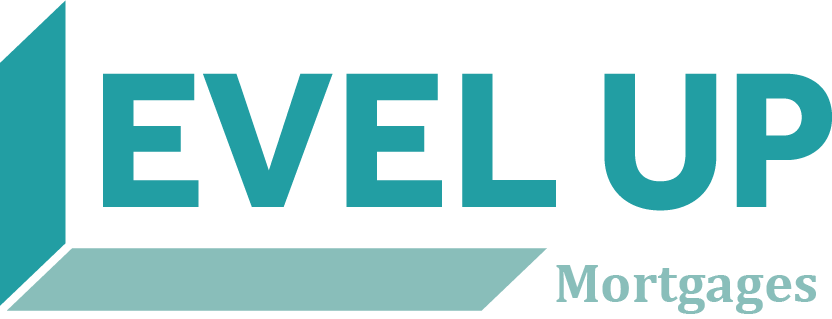Tip on Dealing with Today's Astronomical Interest Rates
The Bank of Canada hiked its benchmark interest rate by the most in more than two decades, significantly boosting the cost of borrowing to curb runaway inflation.
The Bank of Canada boosted its benchmark interest rate by a full percentage point to 2.5 percent on Wednesday. That is the largest one-time hike in the bank's rate since 1998. In reaction, two of Canada's major banks have already raised their benchmark rates, with Royal Bank and TD upping their prime lending rates from 3.7% to 4.7%.
In this article, we'll discuss exactly how rising interest rates affect Canadians and tips on dealing with the situation. Read on!
How Do Interest Rates Affect Canadians?
The Bank of Canada is responsible for setting interest rates. The goal of the Bank of Canada is to keep inflation at approximately 2% per year.
Whenever the Bank of Canada raises interest rates, the banks and other lenders will increase the prime rate. The prime rate is the rate that banks charge their best customers. Variable Rates Loans and lines of credit are usually based on the prime rate plus a margin. In addition, rising interest rates cause the Canadian dollar to strengthen, which makes it more expensive for Canadians to travel and purchase imported goods.
What Are the Tips on Dealing with Rising Interest Rates?
If you're worried about how rising interest rates will affect your finances, there are a few things you can do to prepare:
1. REVIEW YOUR BUDGET AND MAKE SURE YOU'RE PREPARED FOR HIGHER PAYMENTS
If you have a variable-rate mortgage, your payments will go up as interest rates increase. Make sure you review your budget to ensure you can still afford your mortgage payments if rates go up.
If you have a fixed-rate mortgage, your payments won't change, but you may want to consider making extra payments to pay off your mortgage faster.
2. SHOP AROUND FOR A BETTER MORTGAGE RATE
If you're worried about how rising interest rates will affect your mortgage payments, shopping around for a better rate may be a good idea. There are several online tools that can help you compare mortgage rates from different lenders.
3. VARIABLE RATES COST LESS IN THE LONG RUN
With a variable rate mortgage, payments will fluctuate when interest rates change. This means the amount you pay each month may go up or down based on the prime rate.
While this can be a riskier option, it can also save you money in the long run. Variable rates are usually lower than fixed rates, so you'll save on interest if rates stay low.
Key tip: If you want the best of both worlds between the potentially lower variable rate monthly payments and the security of the static fixed-rate monthly payments, inquire to your broker about what getting a "variable capped mortgage" looks like with select lenders.
4. YOU CAN MAKE EXTRA PAYMENTS
With a variable-rate mortgage, you can make extra payments without penalty. This can help you pay off your mortgage faster and save on interest.
If you're worried about interest rates going up, you can also use extra payments to pay down your mortgage balance. This will reduce the amount of interest you'll have to pay if rates do increase.
5. NOT ALL VARIABLES ARE EQUAL
If you're looking at different variables, you may notice that some have a bigger impact on your mortgage payments than others. This is where adjustable variable rates and variable capped mortgages differ. The former change your monthly payments when interest rates go up and the latter, keep them fixed at the expense of paying less principal and being stuck with the mortgage longer.
When you're considering different options, it helps to break things down into two categories:
Short-term Considerations: How much do your payments change based on changes in interest rates and terms?
Medium-term Considerations: How much your payments change based on changes in interest rates, the term length of your mortgage, and payment frequency. Keep in mind that the short-term effects are more important if you're close to renewing or renewing your mortgage, while the medium-term effects are more important when you're further away from renewing.
THE BOTTOM LINE
It's important to remember that these are only some of the factors that can affect how much you pay for your mortgage. Other factors, such as the type of property you're buying and your personal financial situation, can also affect your rate. If you're not sure which mortgage is right for you, speak to a mortgage professional.
Do you want to learn more about mortgage financing in Canada? Level Up Mortgages supports homebuyers and homeowners in attaining success in their mortgage journey with mortgage strategy, digital mortgage education, and introductions to all the other experts you need to succeed in home buying and your personal finance. To assist homebuyers and homeowners in purchasing or refinancing new homes, we work with premier banks and best-rate mortgage lenders in British Columbia and Ontario. Get in touch with us today!
